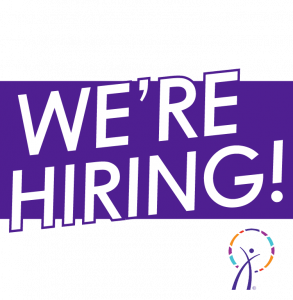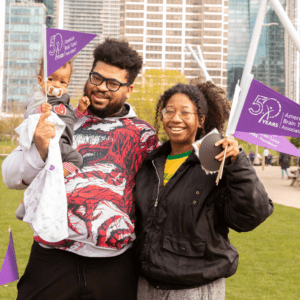by Debbie Drews
Embracing Anticipatory Grief: Our Journey with Glioblastoma
In 2022, my husband Tom, my partner of 20 years, was diagnosed with Glioblastoma (GBM), a form of brain cancer that is, unfortunately, terminal. When the diagnosis first came, we held out hope for time together—something no one can take for granted with this disease. Now, 20 months later, the cancer has reoccurred, but I’m thankful for every day beyond the six months we’d been warned could have been the reality without his successful surgery. Tom, ever strong and resilient, just completed another round of radiation and has started chemotherapy for a second time. Together, we navigate the ongoing journey of managing his eating, swallowing, seizures, and the stresses that come with brain cancer.
Life-Altering Diagnosis and Caregiving Responsibilities
April Fool’s Day marked the beginning of our journey—Tom collapsed with no prior warning. At first, I thought it was a stroke. The shock was compounded by the fact that Tom, always active and health-conscious, would now be facing the battle of his life. Adjusting to the caregiving role has been a unique challenge, and it’s a role that requires my vigilance every hour of every day. There’s a lot of emotion, exhaustion, and frustration mixed in with a never-ending list of tasks, from coordinating with insurance to managing appointments, medications, and more. Tom’s medical team has been exceptional, but even they turn to me for insight into how he’s feeling, knowing how often men don’t fully admit their symptoms. I see it all—the weakness, stumbles, and facial expressions that hint at how he’s truly feeling.
Despite it all, Tom’s willingness to share his feelings with me has grown, and his trust in his doctors—particularly the surgeon who gave him another shot at life—has been invaluable. We made use of this time, traveling to Canada and Alaska on a dream trip, knowing these moments could become treasured memories. That time spent together was a gift, one we’ll always cherish.
Anticipatory Grief: Understanding and Embracing the Process
Early in this journey, I met a man whose perspective on life and terminal illness left a mark on me. His wife had passed after five years with terminal cancer, and he said he was grateful for the time they’d shared, as hard as it was. I was skeptical, but as I navigate these years with Tom, I understand. The time we’re given is a gift, even though anticipatory grief—the process of grieving someone while they’re still with us—adds complexity to each moment.
Poet Mona Arshi captures it well, noting that while death is universal, our expectations about grief can feel isolating. In her words, “Death is common but the expectation around how we might grieve makes us feel uncommon.” In our case, I know that we’re preparing for an inevitable outcome, which brings a mix of clarity and heartache. It’s given us the courage to have open, positive conversations about end-of-life logistics and what the future might look like.
Allowing Myself to Grieve and Be Honest
There’s no one way to grieve or to handle such a monumental life change. I’ve learned to give myself permission to feel everything—anger, sadness, and the full range of emotions that come with caregiving. Friends and family checking in on Tom and me mean the world, even if I’m not always able to reciprocate the support in conversation. I know how hard it is to find the right words, and sometimes, I don’t have them myself.
Being strong, I’ve realized, isn’t about hiding my pain or putting on a brave face; it’s about recognizing what we’re up against and staying present in each moment. As another writer, Bill Scott, put it, accepting ownership over the difficult path and “relaxing” into it—though relaxing isn’t quite the right word for me yet. But it is helpful to recognize where we are and find a sense of peace, however fleeting.
Finding Grace in the Journey Forward
While no one can predict the future, Tom and I are walking this path with as much grace as possible, one day at a time. Anticipatory grief has shown us that we don’t have to have all the answers or feel hopeful every single day. But we are still here, still together, and still committed to making every moment count. This journey may be hard, but it’s ours, and I’m grateful for each day with Tom, come what may.





















